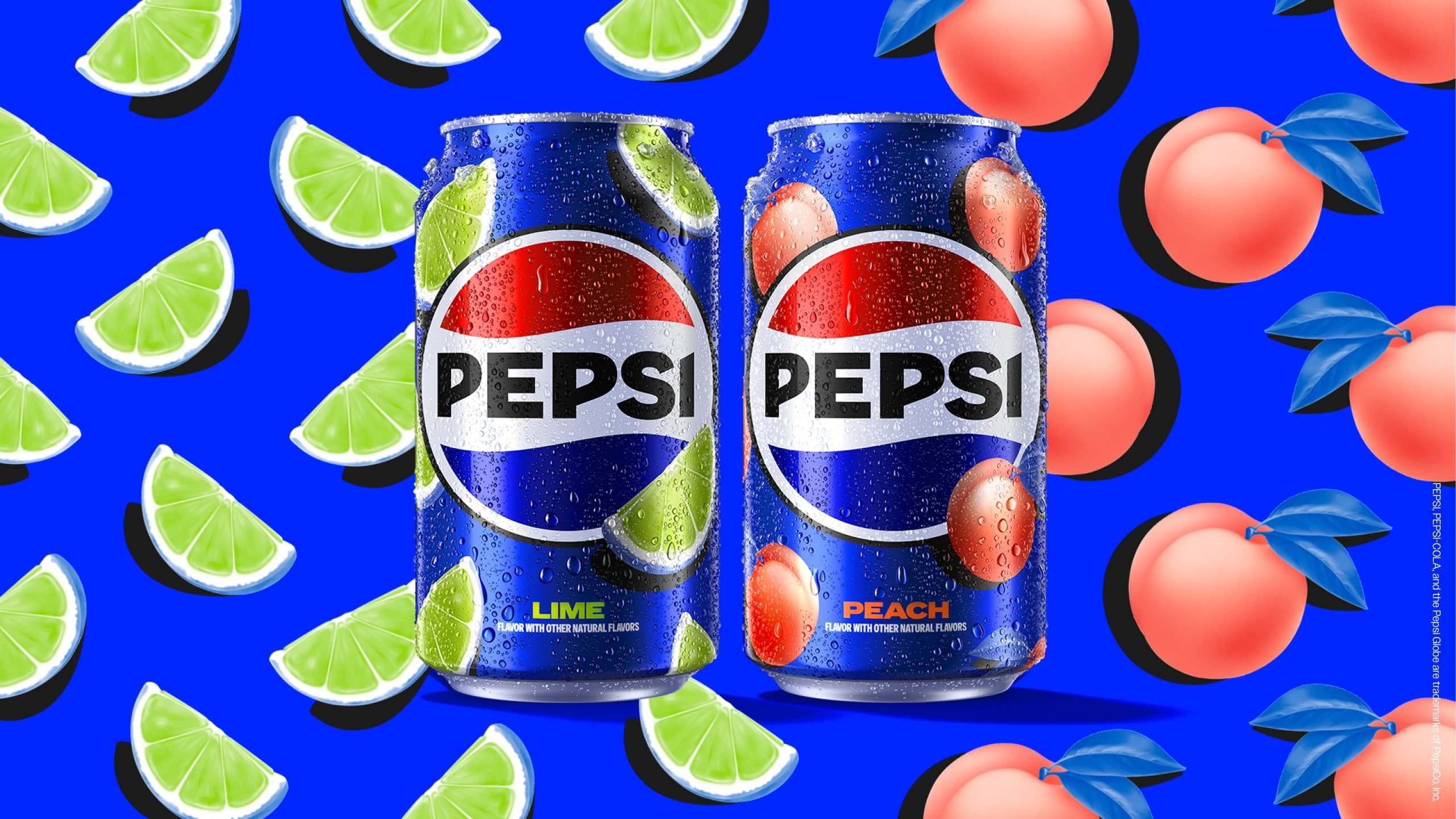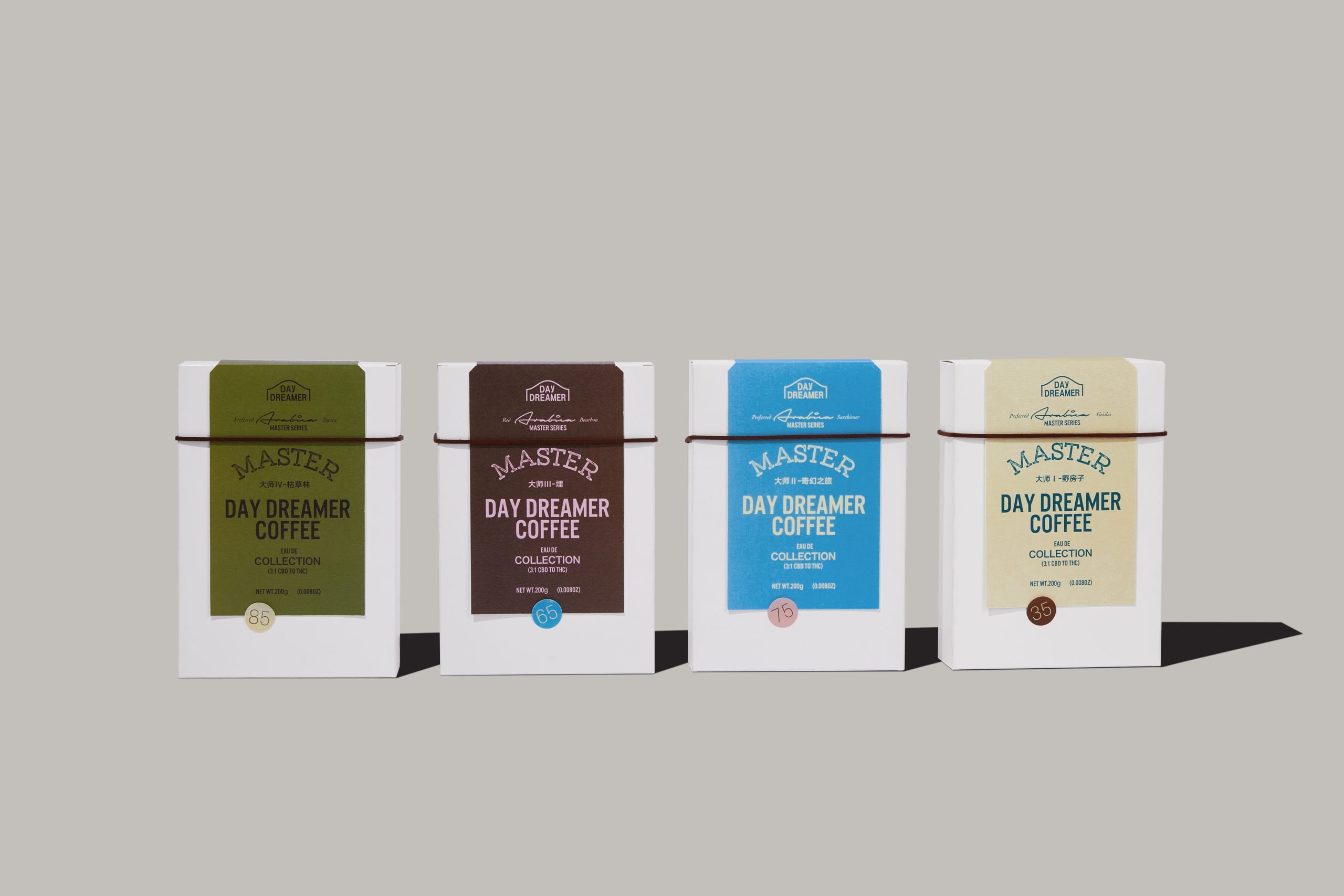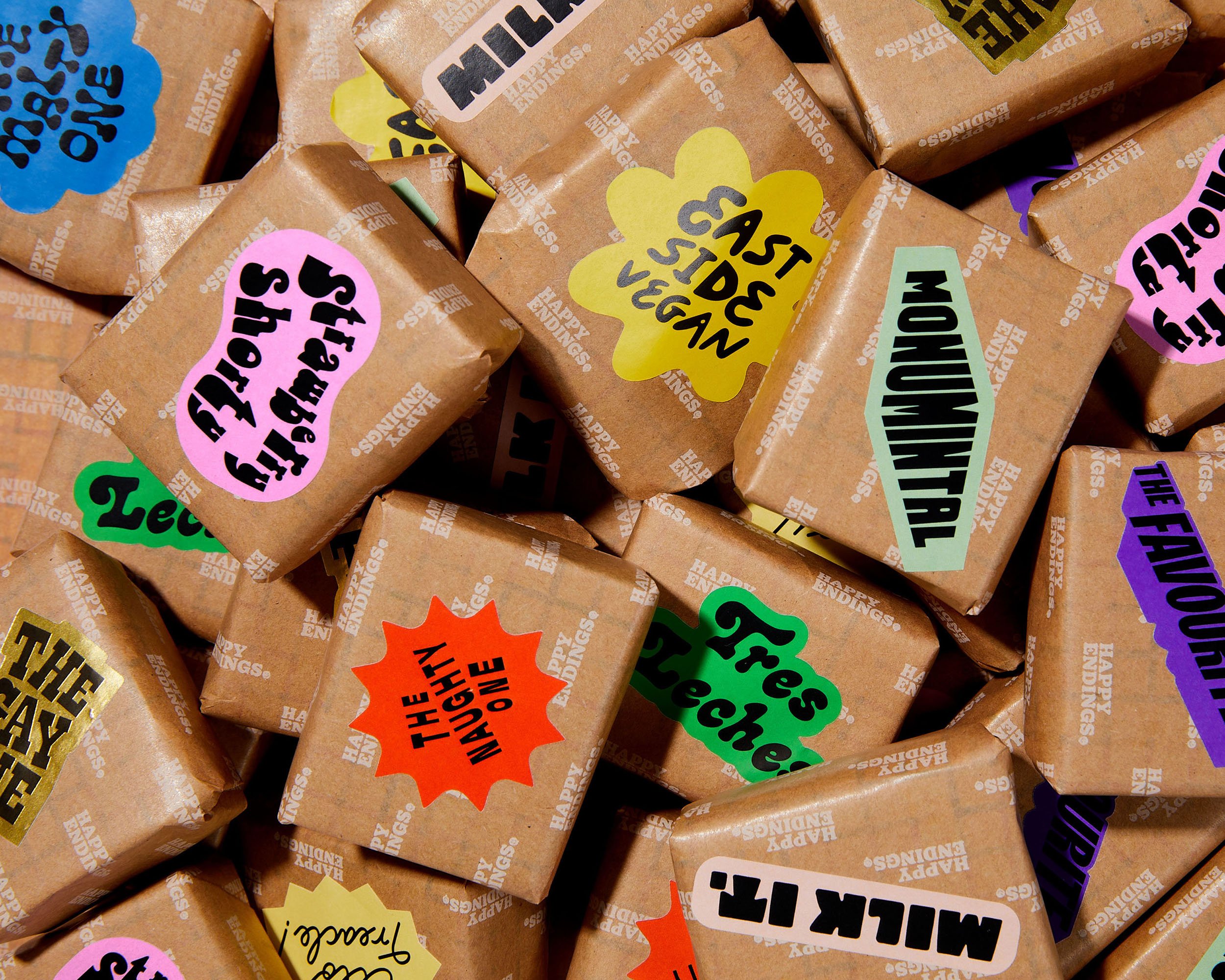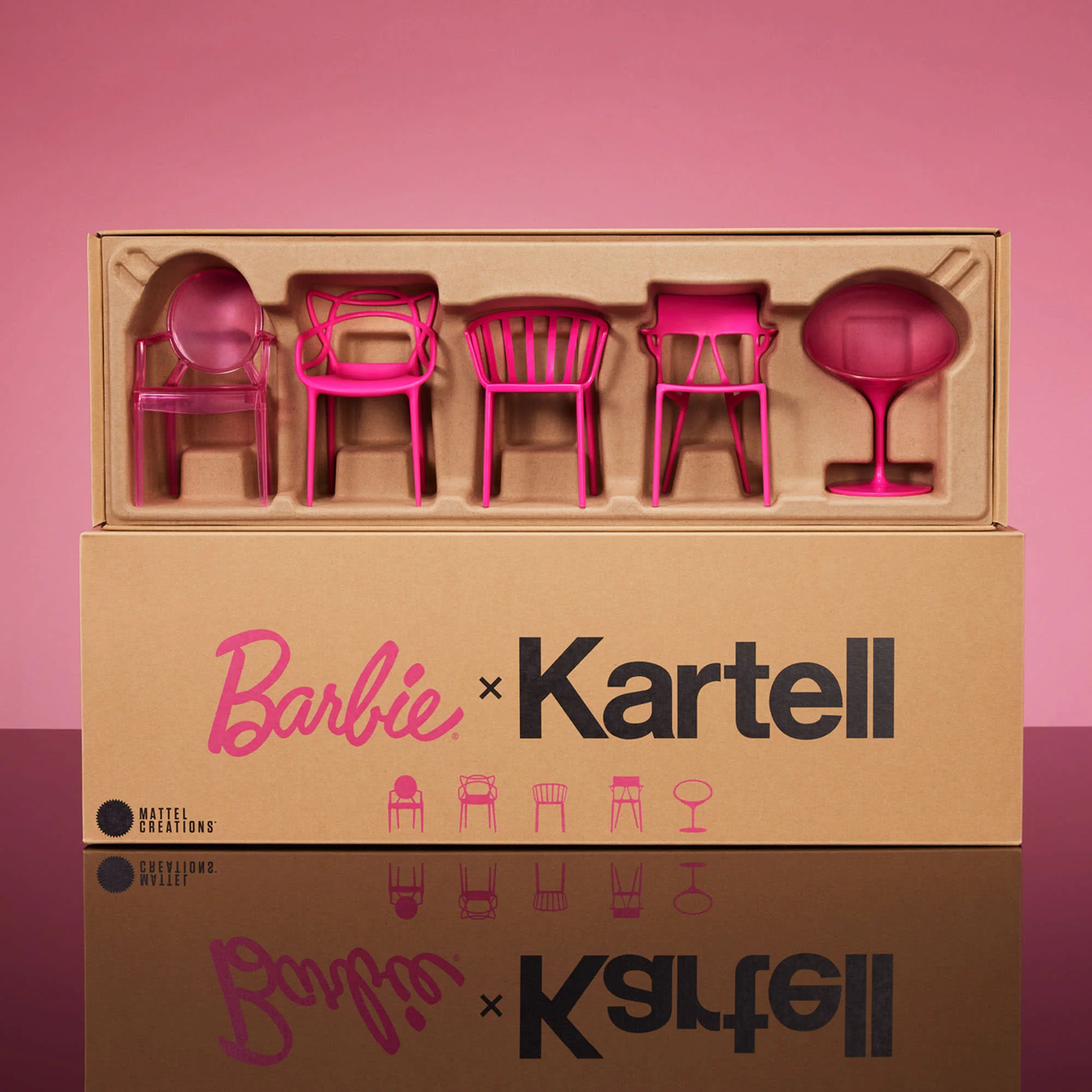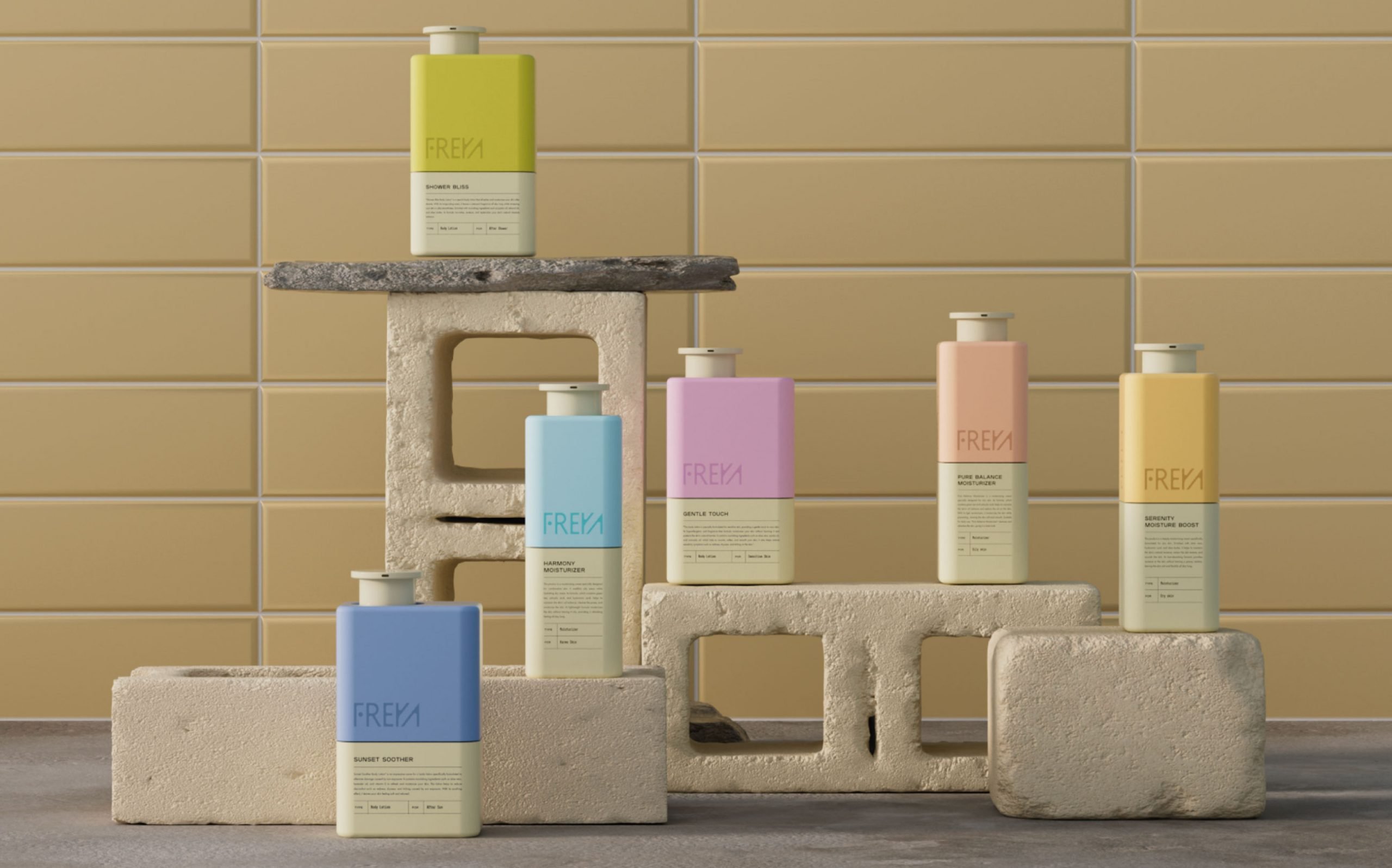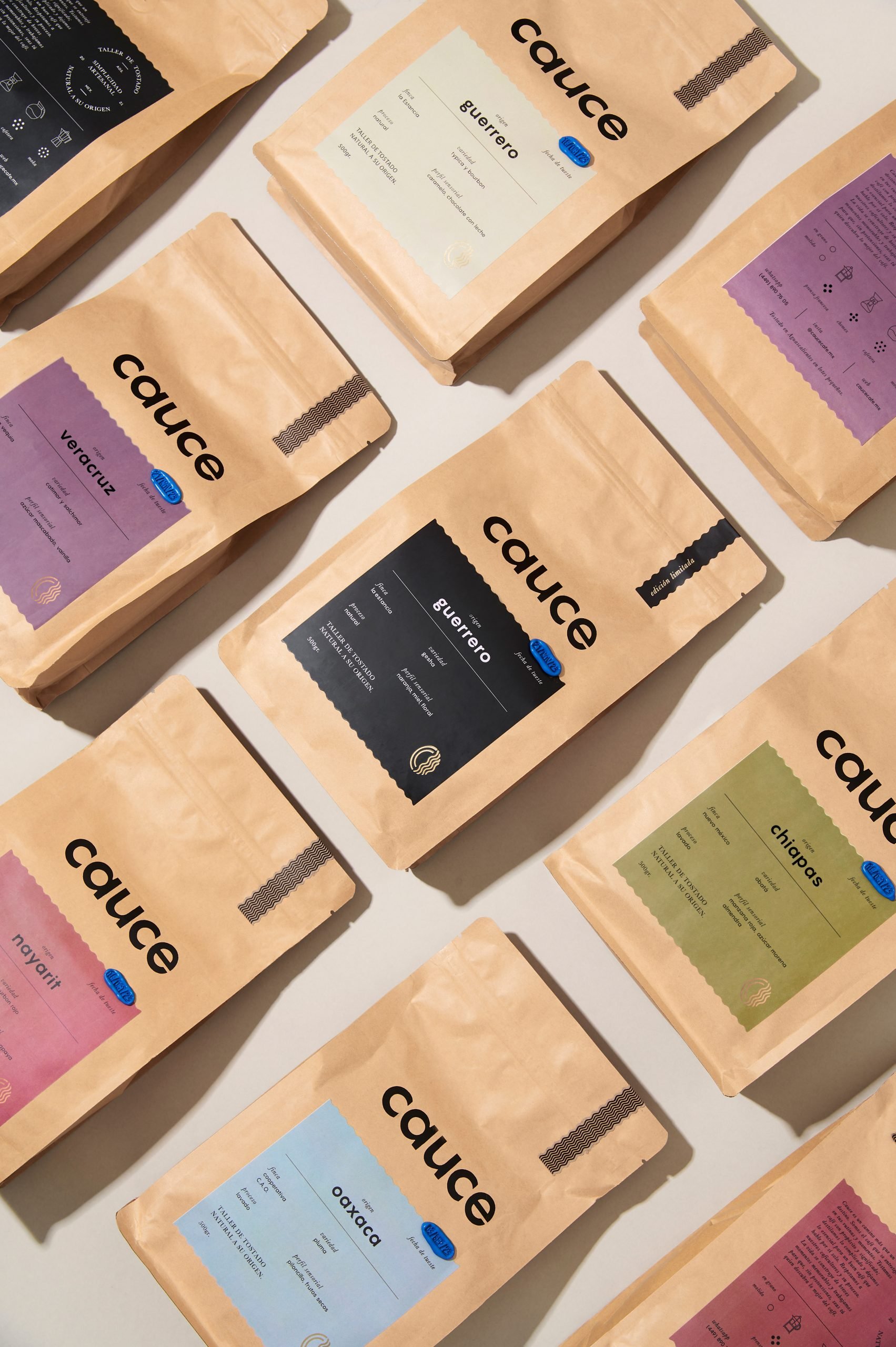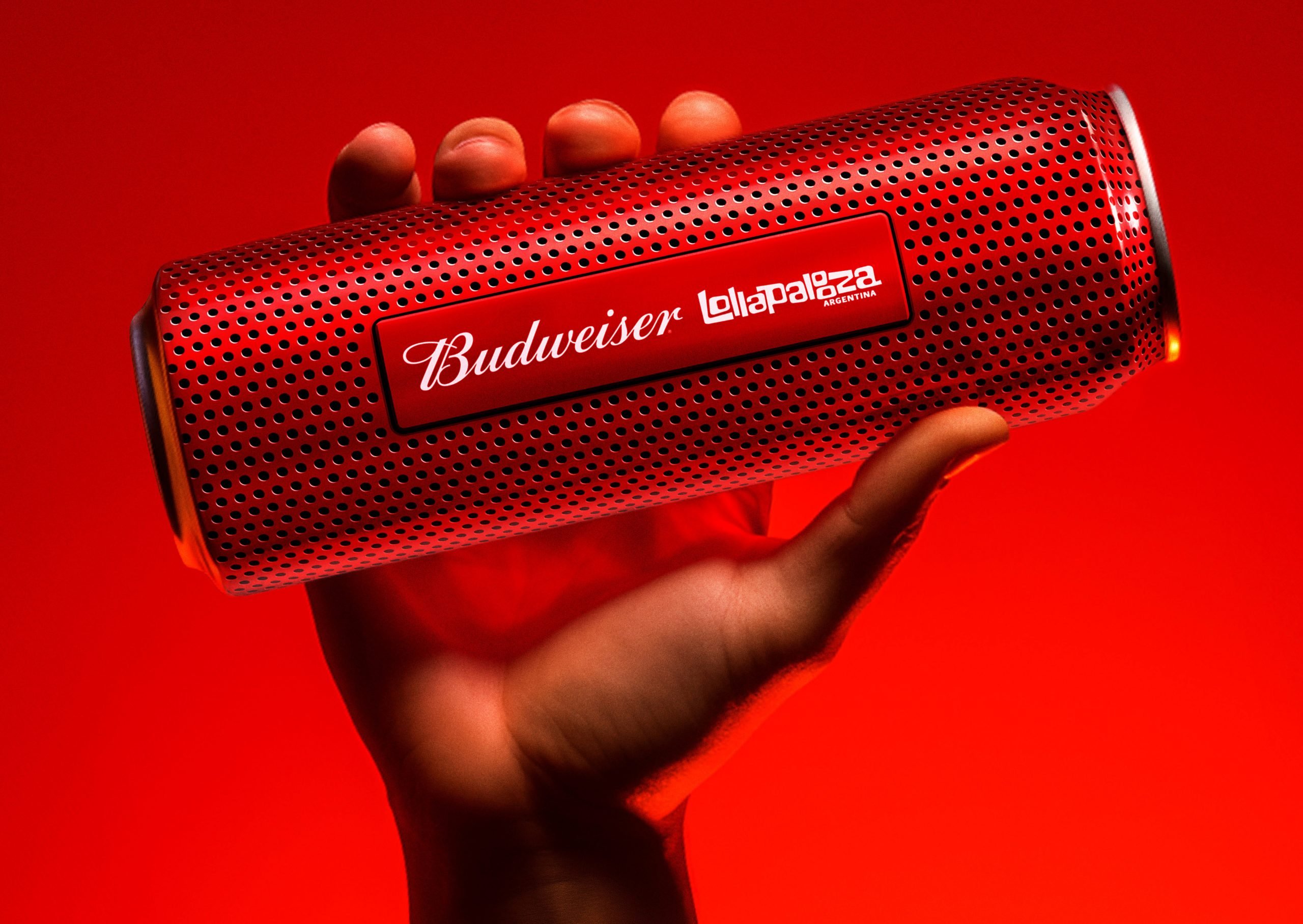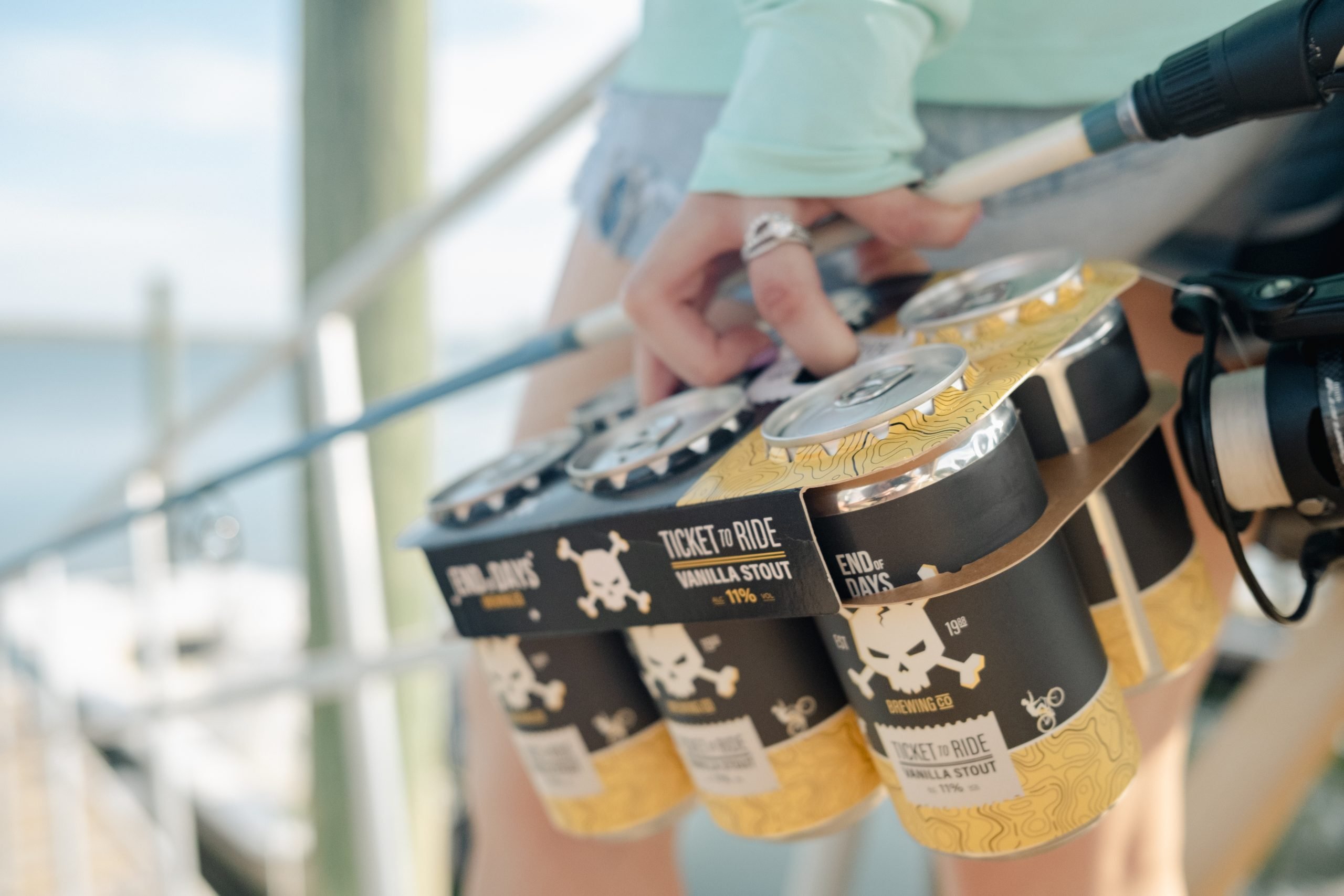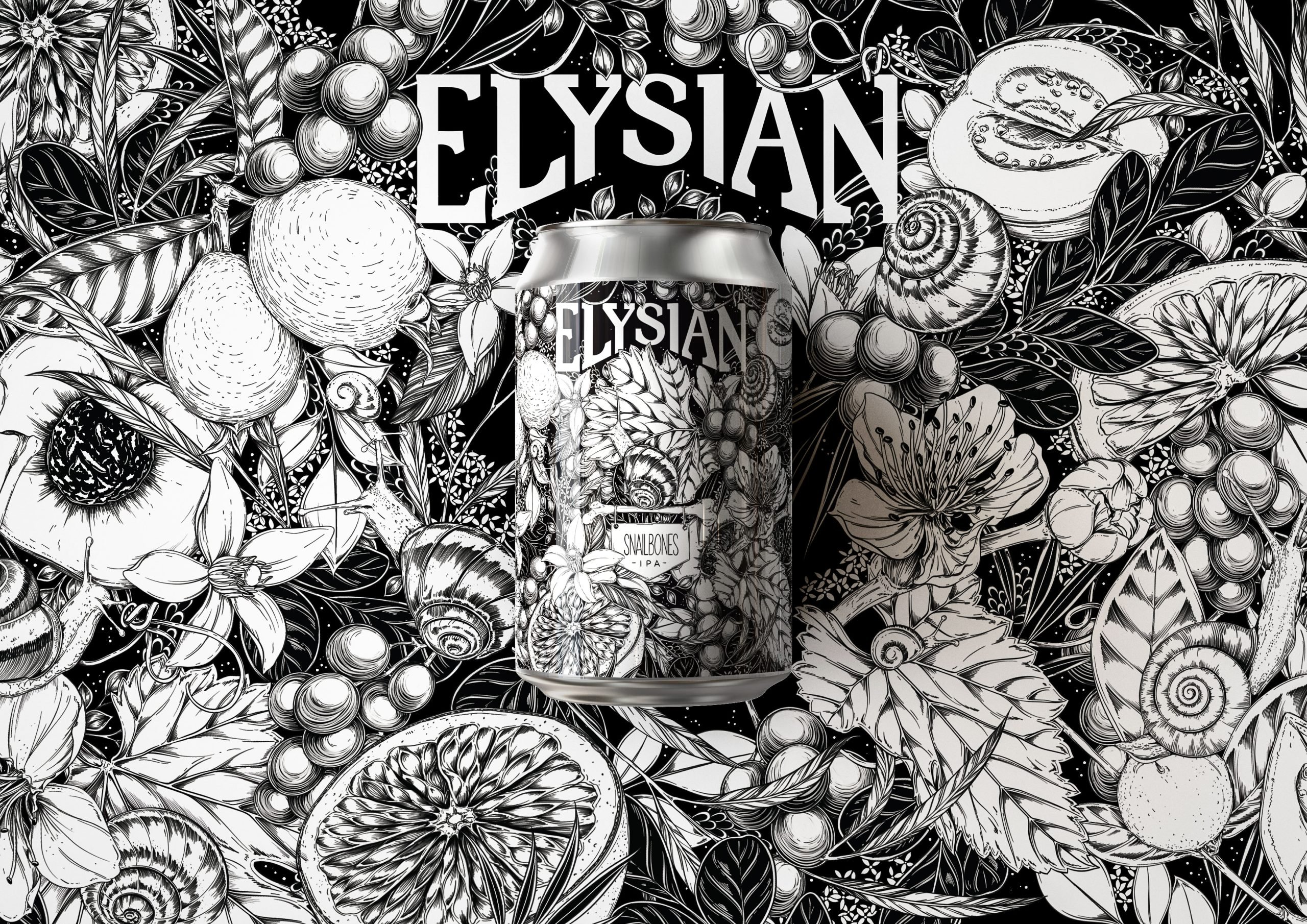Grocery chain ALDI, with 1,800 stores in 35 states in the US, has committed to 100% reusable, recyclable, or compostable packaging by 2025. In addition to this commitment, ALDI promises to reduce the packaging material in all ALDI-exclusive products by at least 15%, and 100% of ALDI-exclusive packaging will include the How2Recycle label, making their private-label packaging easier to dispose of by 2020.
âALDI has never offered single-use plastic shopping bags. And while weâre pleased that weâve helped keep billions of plastic grocery bags out of landfills and oceans, we want to continue to do more,â said Jason Hart, CEO of ALDI US in a press release. âThe commitments weâre making to reduce plastic packaging waste are an investment in our collective future that we are proud to make.â
The company estimates that by never having offered single-use plastic bags in their four-decade history, theyâve kept 15 billion of these bags from oceans and landfills. Their current sustainability practices also include recycling 250,000 tons of material last year and avoiding over 8 million gallons of gasolineâs worth of greenhouse gases.
